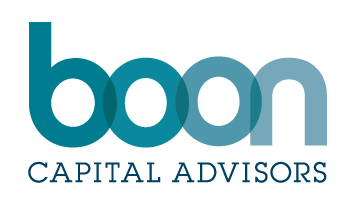Special Update: Trade Wars and Market Pullbacks
Boon Capital Advisors 2023 Outlook
As we enter 2023, markets and the economy are very different from where we have been. As I began to write this commentary, I read a piece from one of the best investors in the modern era, Howard Marks, entitled "Sea Change" (link at bottom). It makes sense to highlight and attach his work rather than recreate the wheel.
As you read this, you might be thinking about what things look like in 2023. Here are my predictions:
Market volatility will continue
Earnings will come down as well as valuations
Dividends will have more of an emphasis than future growth
Opportunities in the credit market will be more plentiful
The investment strategies that worked best in recent history may not be the ones that outperform in the years ahead.
Marks' piece highlights the reasoning. The primary difference is that the low-interest rates/Fed stimulus era is behind us. Let's quickly revisit the benefits brought on by this environment.
Strong economic growth and lower interest costs added to corporate profits.
Stocks increased non-stop for more than ten years, except for a handful of downdrafts that each lasted a few months, from March 2009 until February 2020.
The markets' strength encouraged investors to take on risk. It also made FOMO – the fear of missing out – the prevalent emotion among investors.
Low yields on safe investments drove investors to buy riskier assets.
Where are we now?
A recession in the next 12-18 months appears to be a foregone conclusion among economists and investors.
While some recent inflation readings have been encouraging, the labor market is still very tight, wages are rising, and the economy is growing.
While the Fed appears likely to slow the pace of its interest rate increases, it's unlikely to return to stimulative policies any time soon.
Investors can now potentially get solid returns from credit instruments, meaning they no longer have to rely as heavily on riskier investments to achieve their overall return targets.
We will continue to shift portfolios to align with where we feel the markets are going in the next year and beyond and to share the reasoning behind that positioning. We recognize that this information will be interpreted by everyone differently. Some may see an opportunity, some will be content, and some will be uncertain. We will be discussing how you feel about this and how it may impact your plan when we talk next.
Click here for the complete “Sea Change” piece by Howard Marks

